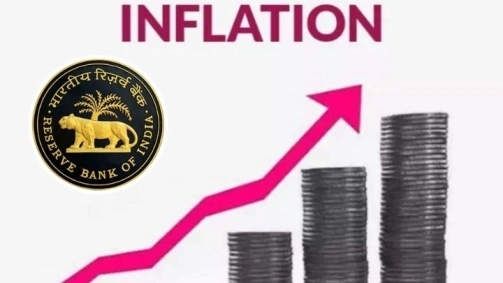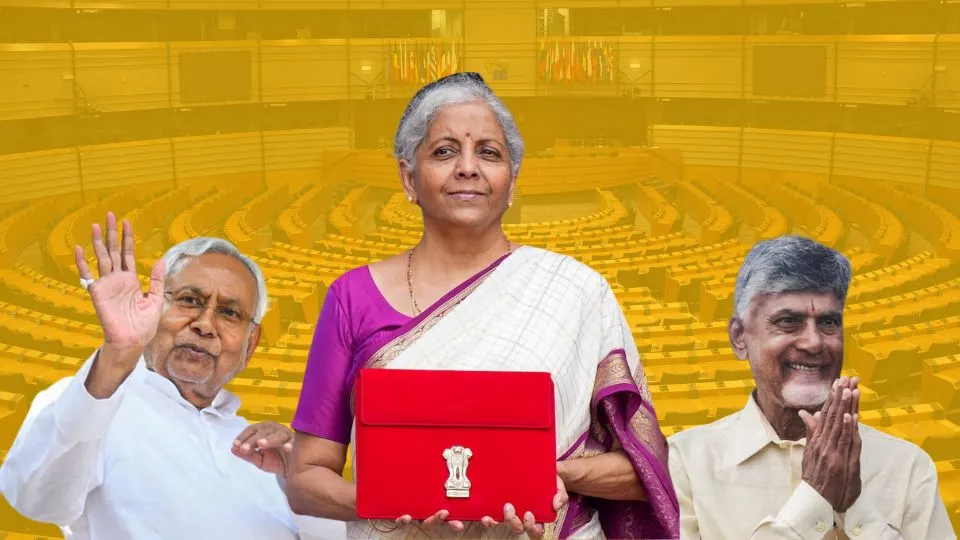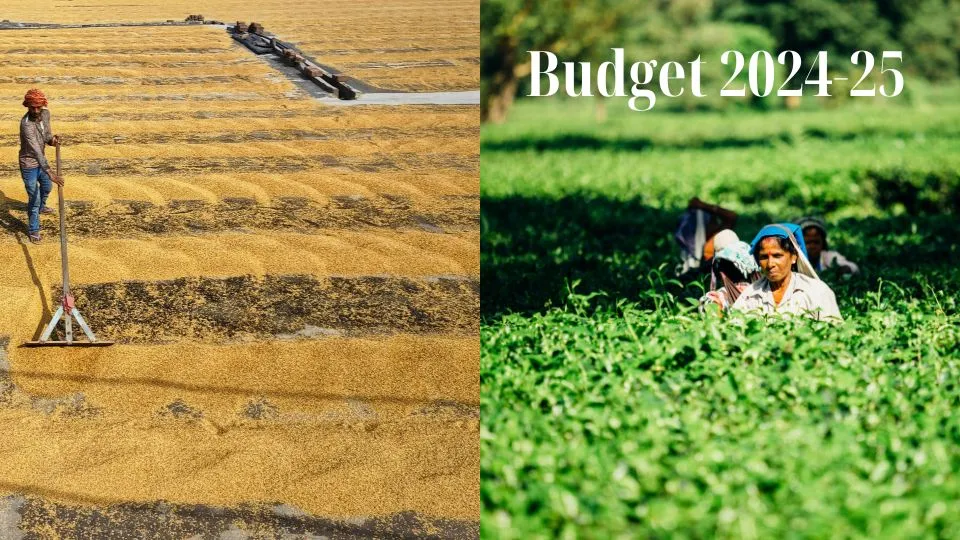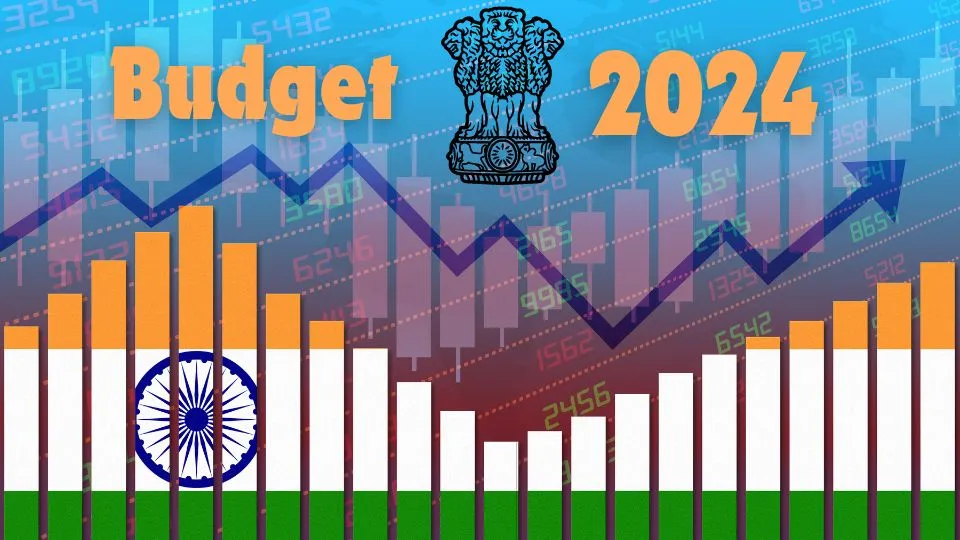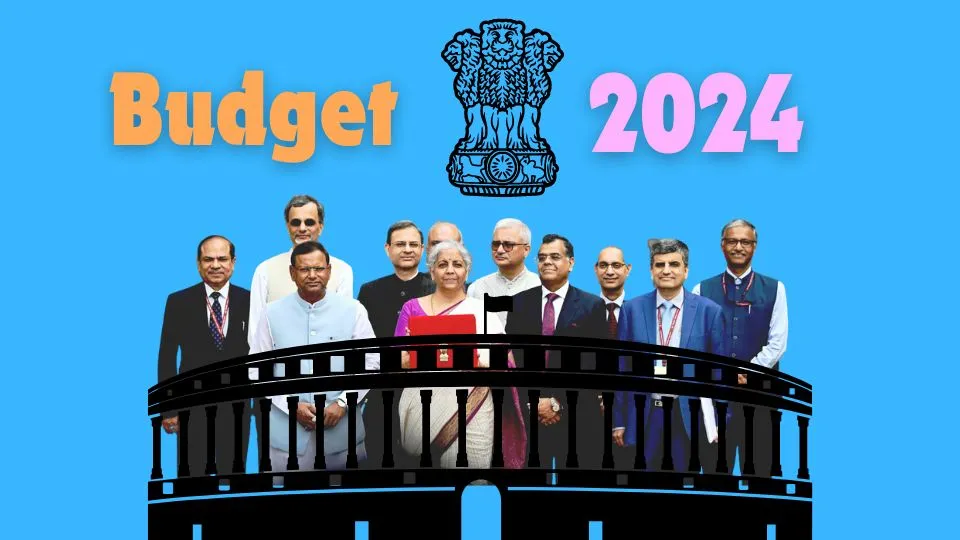According to experts surveyed by Reuters, India’s consumer inflation probably reversed a four-month downward trend in May. This was due to the sharp increase in food prices. This suggests the Reserve Bank of India is still some months away from reducing interest rates.
CPI and WPI trends
According to a Reuters survey, consumer price inflation (CPI) increased to 4.89% last month from 4.83% in April. The data was expected to be released on June 12 at 1200 GMT, with forecasts ranging from 4.30% to 5.20%. According to the survey, wholesale price index (WPI)-based inflation is predicted to have increased from 1.26% in April to a 15-month high of 2.5% in May.
Also Read | Nifty, Bank Nifty & Sensex hit an all time high after Exit Polls’ Optimism: Only Pullers in the Green Win
Reasons for increasing inflation
Aditi Gupta, an economist at the Bank of Baroda, stated that inflation is anticipated to rise due to the extreme heatwaves. Since June 2023, food prices have risen faster than the rate of inflation due to a decrease in the availability of vegetables and other perishables. This has been caused by irregular rainfall and extreme heat waves.
Constant interest rate
Though RBI issued a warning about ongoing pressures on food prices, it maintained its benchmark interest rate at 6.50% last week. It has also upgraded its forecast for economic growth this year. It also maintained its position on inflation.
Kunal Kundu, the Societe Generale economist for India, commented that the RBI has very little cause for concern in terms of inflation. The first rate-cut announcement is anticipated in Q4 2024. However, it may also be postponed until 2025.”
Also Read | Rising Costs and Weak Demand Threaten European Firms: BCG Report Highlights Vulnerability
Inflation forecast
As per a second Reuters survey, inflation is forecast to average 4.5% this fiscal year and next, and is not predicted to drop below the central bank’s 4.0% medium-term objective anytime soon.
As per the consensus expectation of 21 analysts, the survey also anticipated that core inflation, which excludes volatile costs of food and energy, will likely be 3.20 percent in May.
About Author
This article is written by Manasi Gawali, who is an Economics graduate from St. Xavier’s College, Mumbai. She is passionate about economics and finance. She enjoys research, writing poems, music, and travel.
